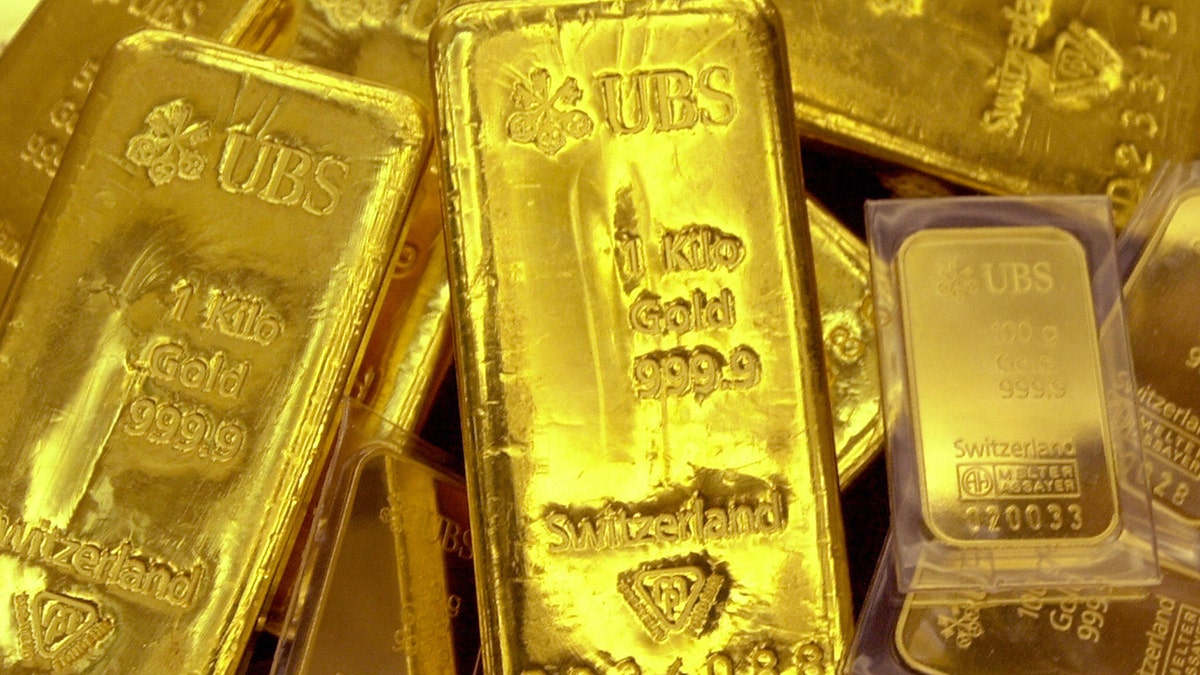

Gold continues to shine brightly, hitting new all-time highs. A confluence of factors, from central banks around the world on net reducing their U.S. dollar reserve holdings in favor of gold to concerns over inflation, have been lifting the safe-haven precious metal’s price.
But there is one factor that continues to dim gold’s luster: its tax treatment.
Gold has been money, both as a store of value and sometimes a medium exchange, for around 5,000 years. It increasingly plays a role in protecting your earnings from the inflation generated by bad governance reducing the purchasing power of U.S. dollars and other fiat currency. But gold isn’t treated for tax purposes like holding U.S. dollars in cash or even U.S. Treasuries. Its tax treatment isn’t even that of a stock or cryptocurrency. It is treated as a collectible, engendering a very high taxation rate for many holders.
Precious metals, including gold, are characterized by the IRS as collectibles. The same goes for Exchange Traded Funds (ETFs) that are physically backed by gold or other precious metals. It is a bit of a head-scratcher as to why collectibles have a different tax treatment than other stores of value or assets, or why any precious metals that are being used as commodities and safe havens and not sought out for their rarity (such as a rare coin) are thought of as collectibles.

Gold bars are displayed at Shinhan Bank in Seoul on Jan. 9, 2004. (JUNG YEON-JE/AFP via Getty Images)
For collectibles, long-term capital gains have a top tax rate of 28%; those eight percentage points equal a 40% higher top tax rate than the 20% long-term capital gains top rate on assets like stocks, real estate and Bitcoin. The rate you personally pay depends on your marginal income tax bracket. (Short-term gains are treated as ordinary income.)
For high earners, you may also be hit with a 3.8% Net Investment Income Tax (NIIT) that came along as part of the Affordable Care Act. Some states also will enact additional taxes for gains on sales of precious metals and their ETF proxies.
ANCIENT CIVILIZATION'S GOLD COINS, LUXURY ARTIFACTS UNEARTHED DURING 'UNPRECEDENTED' DIG
The U.S. government and the Federal Reserve have been cavalier about your money — derelict in their duty to protect the value of the dollar, which means protecting the purchasing power of the money you have earned. If you want to try to neutralize that impact by holding some gold or silver, you shouldn’t be punished when you want to use that alternative money for a purchase, for example. You certainly should not receive a penalty that exceeds that of stock gains.
So, why the bigger tax on gold? Well, taxes are a disincentive — that is, things you want less of you tax more. The government doesn’t want you invested in gold, because that ties up your money. It means you don’t loan it to the government. It means you don’t invest in stocks that you may trade in and out of and generate more taxable profits to add to government revenues. They want your money flowing through the economy in a way where they can extract benefits for themselves. Choosing gold over the long-term means they don’t benefit.
Or, perhaps it is just bad policy whose time has come for an update.
Whatever the reasons, now is the time to create a win-win for American citizens and for the government. More citizens should be hedged against the U.S.’s broken fiscal foundation, with more than $37 trillion of debt, and deficits as a percent of GDP at wartime or recession-time levels.
RARE ANCIENT GOLD DISCOVERY MADE BY FLORIDA STUDENT AT ARCHAEOLOGICAL SITE
We know that Indian and Chinese households own a substantial amount of gold (estimated at up to 27,000 tonnes and 20,000 tonnes, respectively). While there isn’t a reliable estimate for American households, surveys suggest that the vast majority of U.S. households don’t own gold at all — some estimates putting lack of ownership at around 89%-90%.
The U.S. government and the Federal Reserve have been cavalier about your money — derelict in their duty to protect the value of the dollar, which means protecting the purchasing power of the money you have earned.
And, given that the U.S. government holds, by its own accounts, the largest government gold stockpile in the world at more than 8,133 tonnes, lowering taxes on gold would also benefit the U.S.
Lowering taxation on gold would likely allow gold to reach a higher valuation. Given that the U.S. carries gold on its balance sheet at $42.22 per troy ounce, having the price of gold rise to something more reflective of demand would allow the government to write up the price of gold on its balance sheet and use the difference to help finance our deficits — at least for a little while — while allowing citizens to own a hedge that would balance out some of the inflationary impacts of doing so.
The president wants to create a new golden age, and one of the easiest ways to do that is to make it a real "golden age" by allowing for a fair treatment of gold and other precious metals.
